Business Consulting and Coaching for SMEs.
With a sense of proportion and understanding.
Put people at the center, let technology be your partner.
Business Consulting and Coaching for SMEs.
With a sense of proportion and understanding.
Put people at the center, let technology be your partner.
In a dynamic world, businesses need responsive structures and processes to remain successful. Caestra Consulting helps you align your organization towards the future and master change.
Our Services:
Your Benefits:
Humans have always faced fundamental changes in their working and living conditions. Companies adapted to changes in their production or market conditions, or they disappeared from the market. This is not a new insight.
What is new is the pace at which fundamental upheavals in their working and environmental conditions are occurring.
The COVID-19 pandemic has demonstrated how quickly and unpredictably markets can change. Companies that are not agile enough to adapt risk losing their competitive edge.
Customers, suppliers, investors, or legislators – in short, stakeholders – expect more from companies today than just profit, stable business, and high-quality products. They demand sustainable action and a clear commitment to social values. Legislation is following these demands at a rapid pace, as the new CSRD requirements or the provisions of the Supply Chain Act make clear.
Digitization is transforming the way we do business. Companies that don’t invest in new technologies will be left behind.

To keep pace with the rapid changes in their business environment, companies are forced to react quickly to global or local changes in their market conditions. Ideally, they are able to recognize relevant developments early on and adapt their organization accordingly. This requires two components:

Synonyms: Participation, Sensitivity, Compassion
Corporate empathy is part of Corporate Emotional Intelligence – the consistent consideration, planning, implementation, monitoring, and management of internal and external emotions within your business processes and organizational structures as part of the respective strategy and corporate culture.
Synonyms: Vitality, Flexibility
Operational agility is based on iterative processes, quick decision-making, and continuous improvement of products and services. It requires an open communication culture, collaboration among interdisciplinary teams, and “organizational empathy,” achieved through comprehensive and systematic consideration of the current and (!) future requirements of all current and (!) future stakeholders.
Change, Business Empathy, Agility – A Topic for Large Corporations Only? Absolutely Not!
Market fluctuations, value shifts, and digitalization affect all companies.
The impact of far-reaching changes in the business environment often hits SMEs particularly hard. They often lack the necessary know-how and internal resources to effectively cope with change.
Challenges for SMEs:
During the pandemic, it was local retailers without their own online presence who were the first to feel the consequences of the lockdown. Without the ability to do business contactless, often the only option left was to close their stores. The same applied to restaurants and caterers.
Our clients include companies from all industries, regardless of their company size – medium-sized industrial companies that have to meet the requirements of the Supply Chain Act and provide proof to their major customers, hotels whose guests increasingly ask for proof of sustainable business practices, craft businesses that increasingly have to integrate digitalized workflows and technologies into their daily operations to remain competitive. The list goes on and on.

Our client’s company was hit by three rapidly successive categories of change, which exceeded all previous changes in the company’s history in terms of density and scope, threatening the company’s very existence.
The Three Categories of Change
Volatile Markets: The company faced significant disruption due to the pandemic and a major disruption to its existing supply chains.
Shifting Values: Customers increasingly demanded sustainable products, and the government initiated new regulations for the installation of heating systems, such as the Renewable Heating Act.
Technological Change: Customers expected a modern way of communication and information delivery. Paper-based processes led to unclear order processing, a high complaint rate, loss of information, lack of process standardization and security, and thus to increased costs compared to the competition.

No silo mentality, no tunnel vision, no isolated island solutions.
A modern company is a complex structure of division of labor units with different tasks and partly competing objectives.
Even the introduction of new accounting software has a direct impact on adjacent areas of the company at the respective interfaces and possibly an indirect impact on the entire company through an impact on the corporate culture, should the satisfaction of your employees have been negatively affected by digitization in a sub-area.
In our practical example, the original task was to stabilize the retail customer business. To achieve this, measures were necessary in the strategic, organizational, and operational sub-areas of the company. These measures were carried out in an organized project organization using Prince2.

Purely reactive measures solve acute problems but fail to create long-term and sustainable solutions in volatile business conditions.
Accordingly, in this example, we have expanded the reactive elements – the correction of strategy, organization, external representation, and operational processes – of our management consultancy to include active or preventive elements.
The good news for our client: The company is now in a position to recognize future developments itself and act in a “business empathy” manner (systematic market observation – customer input, supplier input, legal regulations). The reaction to this is now organized and without time loss – i.e. “agile” (cultural change, organizational adaptation, continuous improvement, change management).
The bad news for us: The client will no longer need us in this area in the foreseeable future.



Together with you, we will take the path to your individual top organization in four steps.

In our free initial consultation, you have the opportunity to get to know us and our capabilities – after all, the chemistry between all parties involved should be right in the end.
After recording the specific task description, we will create an individual offer for you for professional management consulting, including the time frame, required resources, costs, and of course the possibility of state or institutional funding for the planned measures.
Planning outlines the desired state to be achieved through the commissioned management consulting engagement. It encompasses specific acceptance criteria and key performance indicators (KPIs) that will be used for subsequent success measurement.
The current state analysis serves to gather all existing information required for the implementation of the respective task, such as identifying the departments involved within and outside your organization, inventorying interfaces, process maps, and QM and ASM documentation.
This is followed by a comparison of the target state and the current state, leading to the concrete planning of the measures to be implemented.
The operational phase encompasses all necessary activities and procurements to implement the planned measures.
These activities often take place within the framework of an agile or classic project.
This phase ends as soon as the acceptance criteria are met and performance measurement is possible.
The final phase focuses on the implementation, review, and continuous improvement of the implemented measures.
This includes possible training concepts, ongoing performance measurement, and the consistent application of the principles and structures of continuous improvement.
Once significant changes to previous logistical or organizational processes have been achieved, we recommend the application of appropriate change management measures to ensure the long-term sustainability of the achieved successes by creating broad acceptance.
Together with you, we will take the path to your individual top organization in four steps.

In our free initial consultation, you have the opportunity to get to know us and our capabilities – after all, the chemistry between all parties involved should be right in the end.
After recording the specific task description, we will create an individual offer for you for professional management consulting, including the time frame, required resources, costs, and of course the possibility of state or institutional funding for the planned measures.
Planning outlines the desired state to be achieved through the commissioned management consulting engagement. It encompasses specific acceptance criteria and key performance indicators (KPIs) that will be used for subsequent success measurement.
The current state analysis serves to gather all existing information required for the implementation of the respective task, such as identifying the departments involved within and outside your organization, inventorying interfaces, process maps, and QM and ASM documentation.
This is followed by a comparison of the target state and the current state, leading to the concrete planning of the measures to be implemented.
The operational phase encompasses all necessary activities and procurements to implement the planned measures.
These activities often take place within the framework of an agile or classic project.
This phase ends as soon as the acceptance criteria are met and performance measurement is possible.
The final phase focuses on the implementation, review, and continuous improvement of the implemented measures.
This includes possible training concepts, ongoing performance measurement, and the consistent application of the principles and structures of continuous improvement.
Once significant changes to previous logistical or organizational processes have been achieved, we recommend the application of appropriate change management measures to ensure the long-term sustainability of the achieved successes by creating broad acceptance.

Modern strategy development goes beyond the limitations of traditional analysis methods such as SWOT analyses and Porter’s Five Forces.
While in the past, your own strengths, customer behavior, or competitive pressure were central factors in your business strategy, today the strategic handling of change and the management of external influencing factors are also coming into focus as decisive forces in sustainable strategy development.
From the strategic alignment of start-ups to the realignment of established companies, our management consultancy supports you in determining your own “Strategic Fit”.

Hierarchical structures do not necessarily mean inflexibility, and flat organizational forms do not automatically lead to agility.
Agile organization design is not about restructuring your departments, but about creating an entrepreneurial environment that supports and promotes the essential characteristics of an agile corporate culture.
We will accompany you on your journey to an agile organization, from the initial assessment to regular reviews of the measures taken.

Business transformation refers to a fundamental change within an organization that aims to overhaul its strategy, processes, technologies, culture, or business models to enhance competitiveness, foster growth, or respond to evolving market conditions – that’s the theory.
In practice, however, business transformation projects are plagued by a high failure rate.
We help you develop the right strategy, accurately identify your needs, successfully implement transformation projects, and ensure sustainable acceptance of the implemented measures.

Process design is the structured approach to designing and optimizing business processes within an organization. It involves analyzing existing processes, identifying potential for improvement, and developing efficient and effective process flows. Due to the nature of processes, there are three possible approaches to classic process optimization:
Improving within a process: This involves identifying and addressing inefficiencies and bottlenecks within a single process to enhance its overall performance.
Improving the interaction of all processes at the interfaces: This focuses on optimizing the handoffs and interactions between different processes to eliminate delays, reduce errors, and ensure seamless workflows.
Improving the process landscape as a whole: This takes a holistic view, examining the entire process landscape to identify redundancies, gaps, and opportunities for cross-process optimization.
We provide consulting and active support from process inventory to the sustainable safeguarding of achieved results in a systematic change management process.

No business venture will succeed if it meets with rejection and a lack of acceptance from the people involved. Change Management systematically and organizedly builds trust and acceptance, both within and outside your organization. This is the only way to ensure the long-term sustainability of the goals achieved through your projects and transformations.
As experienced change management consultants, we support companies in successfully implementing and sustainably establishing changes.
Talk is cheap, action is gold.
We go beyond mere management consulting. Upon request, we can also actively support you in the implementation and aftercare of your projects on a long-term basis.
Our work philosophy is based on comprehensiveness, integration, foresight, and networked solution approaches at all levels.


Up to 80% of our business consulting costs are eligible for government funding for German-based companies. Our doors are open to you!
Your vision, our expertise.

We operate independently in our consulting services, ensuring freedom from external influences. This includes avoiding sales partnerships or similar cooperation models with manufacturers or providers in the relevant fields.
Our analyses and recommendations are free from personal interests. We rely on a professional and neutral perspective, based on data and facts. We act in the best interest of our clients.
We communicate clearly, openly, and transparently. Our consulting services are limited to areas covered by our expertise. Discretion and care in handling your data are our top priorities.
We respect every individual and value your corporate culture. Without exception! A respectful exchange of ideas and opinions promotes collaboration and, in turn, the achievement of your goals.
We operate independently in our consulting services, ensuring freedom from external influences. This includes avoiding sales partnerships or similar cooperation models with manufacturers or providers in the relevant fields.
Our analyses and recommendations are free from personal interests. We rely on a professional and neutral perspective, based on data and facts. We act in the best interest of our clients.
We communicate clearly, openly, and transparently. Our consulting services are limited to areas covered by our expertise. Discretion and care in handling your data are our top priorities.
We respect every individual and value your corporate culture. Without exception! A respectful exchange of ideas and opinions promotes collaboration and, in turn, the achievement of your goals.
*Dear customers, in line with our principles, here you will find only a selection of anonymized references that do not allow conclusions about our clients. If you have a justified interest, we are happy to facilitate contact with the respective referees.
Wir sprechen Deutsch / Nous parlons Français / Wij spreken Nederlands
Our information service provides you with exciting insights, analyses, and trends on core topics of our consulting services.
You can find a complete overview of all articles here:
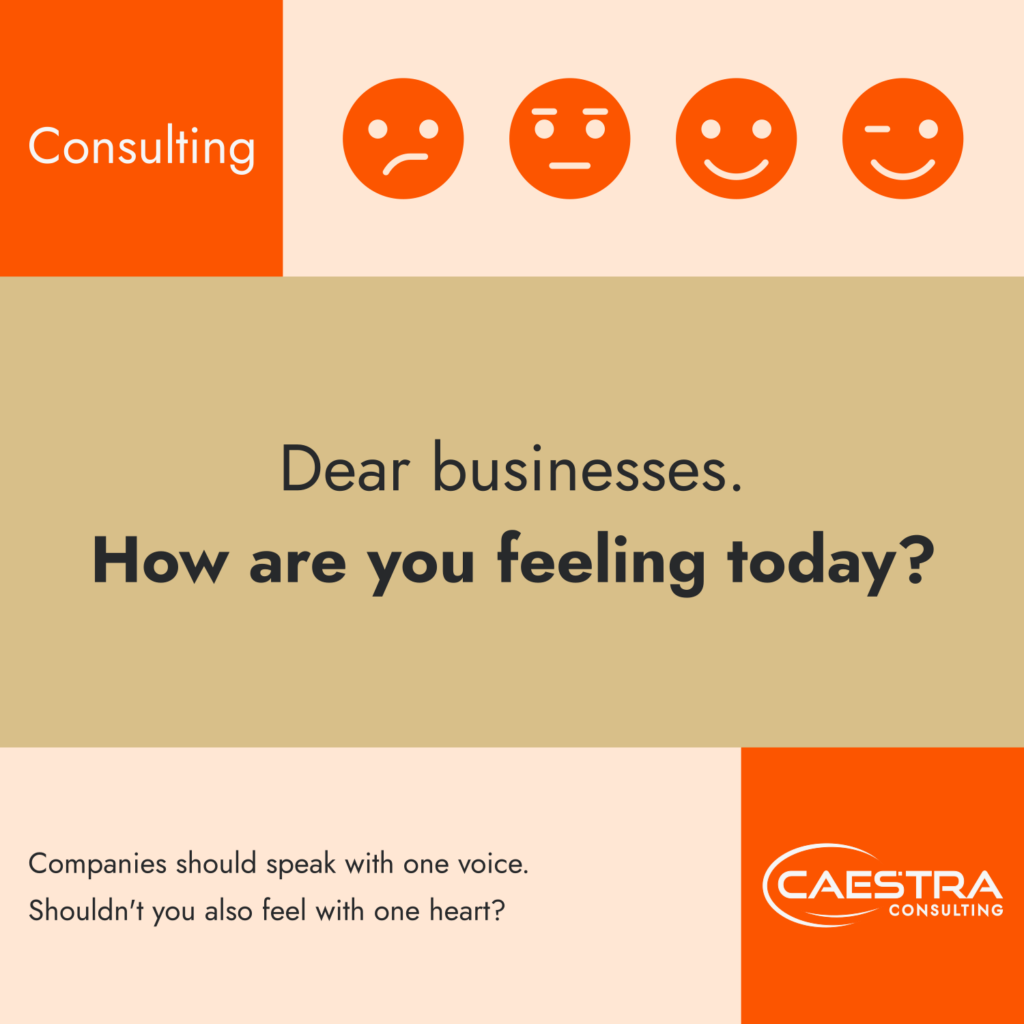
Corporate Emotional Intelligence – In the best case, companies speak with one voice.
Shouldn’t you then also feel with one heart?
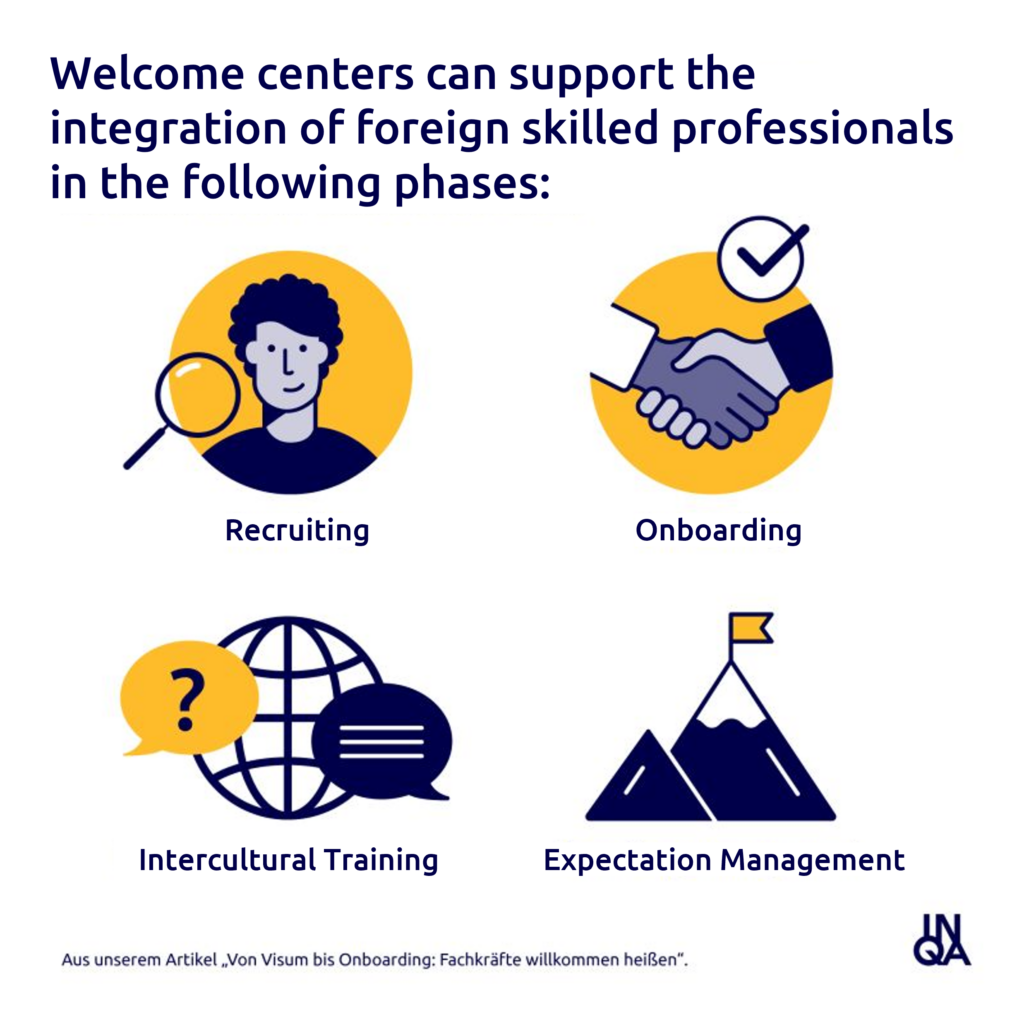
From visa to onboarding: When hiring a skilled professional from abroad, the optimal contacts are the Welcome Centers.
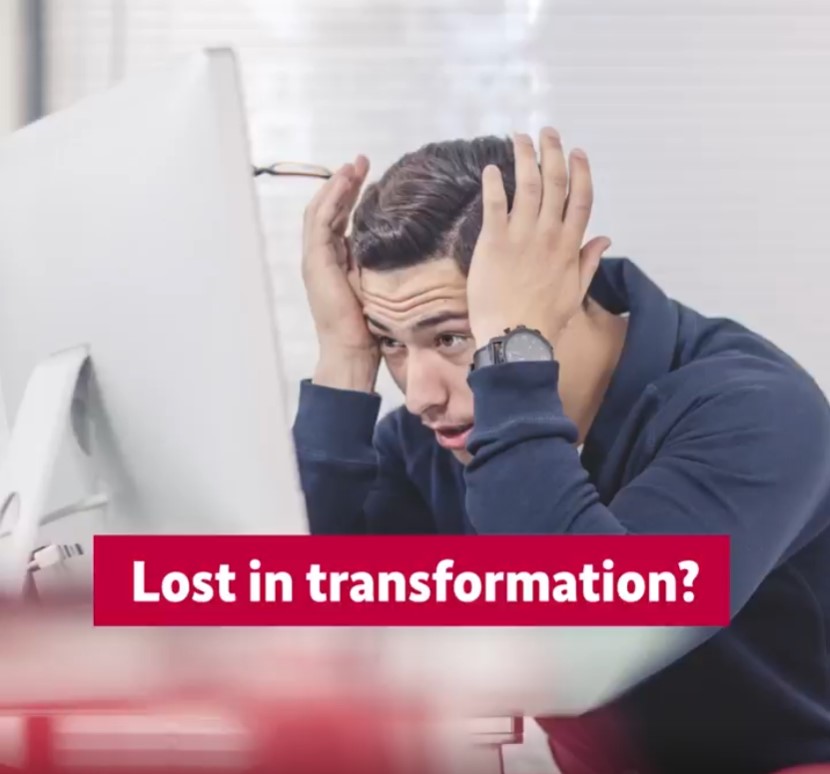
Do you want to make your company more digital, agile, and resilient? Then get coached!

The Supply Chain Act – Why SMEs Should Take a Look at the Regulations of this Still Young Law.
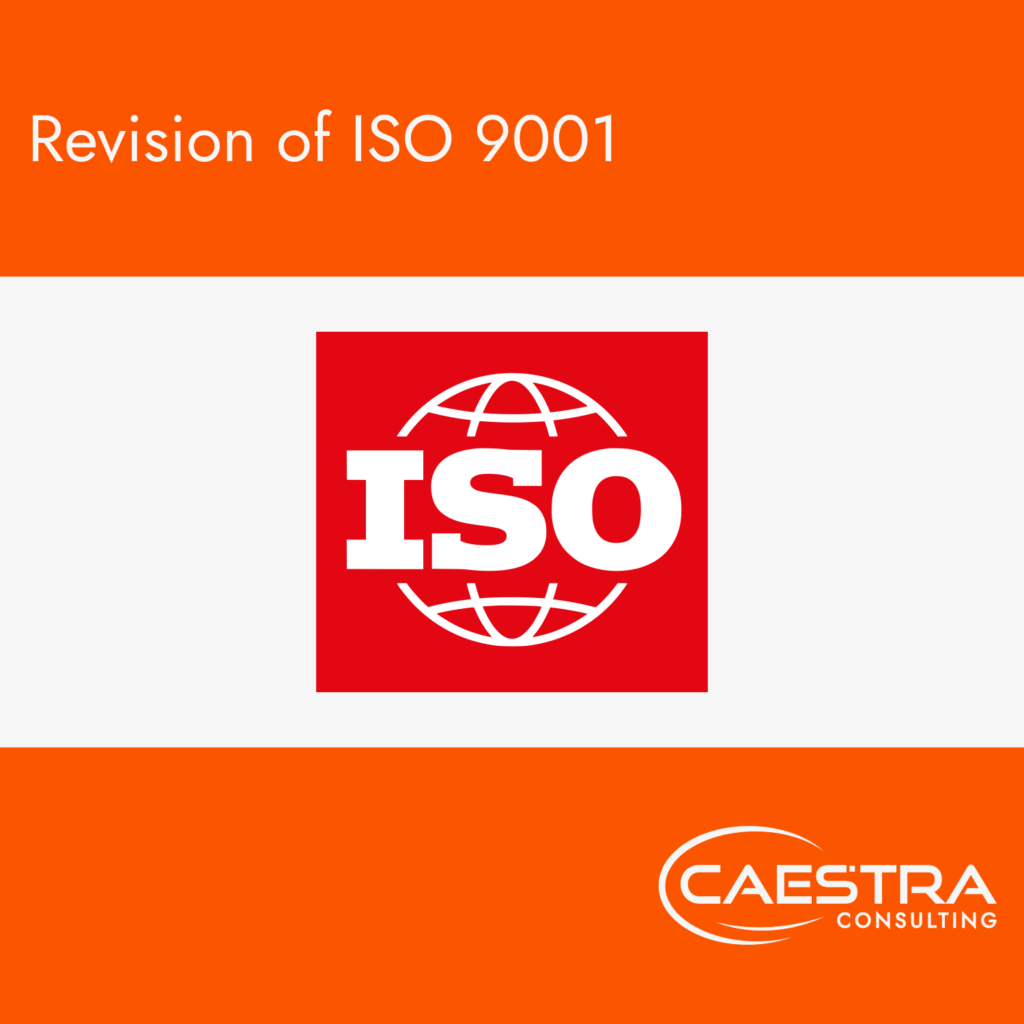
The International Organization for Standardization (ISO) has announced the revision of the ISO standard, which is crucial for over 1 million certified companies.
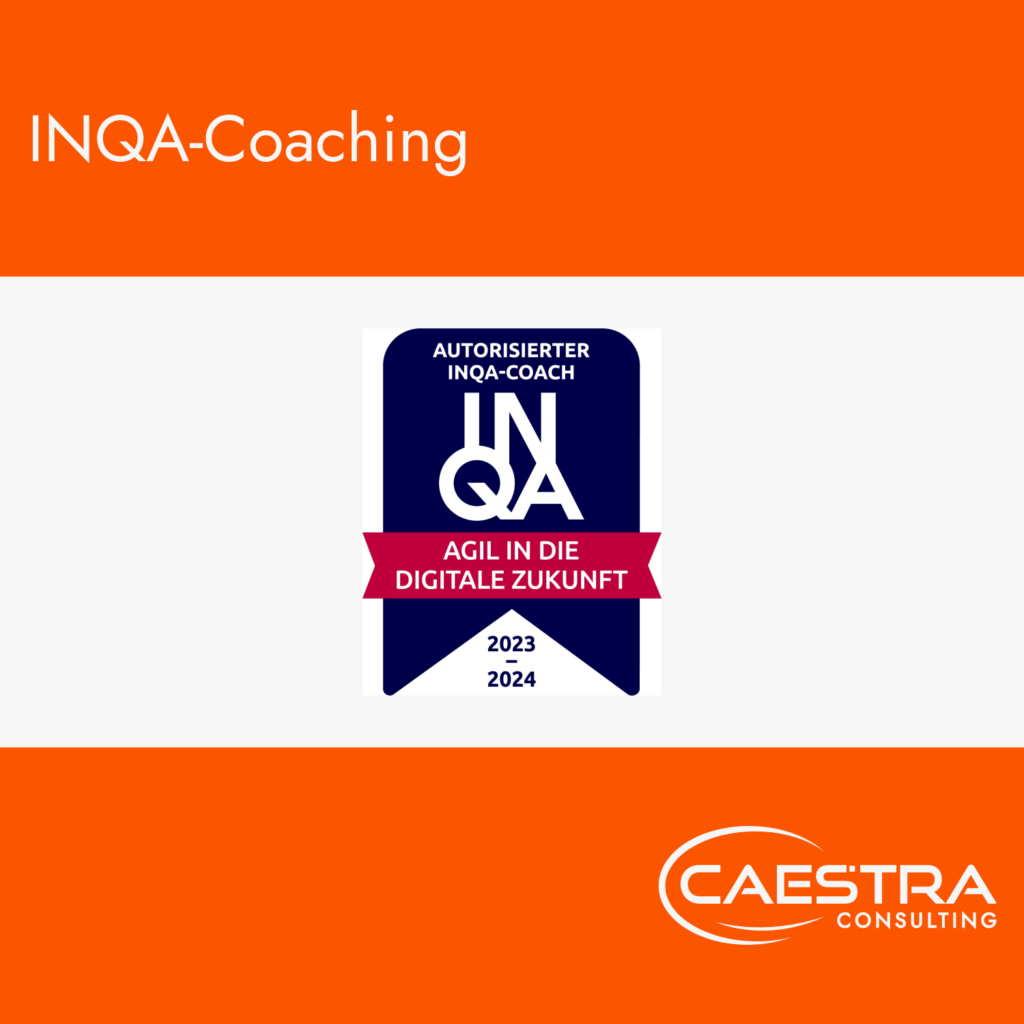
We are authorized INQA Coaches. Take advantage of the Government funding opportunities offered by the INQA-Coaching for your projects.
The most frequently asked questions of our customers.
Sure, here is the translation of the given text:
There are many good reasons to use an external consultant. In most cases, external consultants bring in specific expertise that is not available within a company. Reason 1 would therefore be specialist expertise, but there are other reasons…
Good external consultants offer their clients a gain in specialist knowledge for the duration of the consultation. Very good consultants ensure that specialist knowledge is permanently transferred to your organization. Two competencies are distinguished here – methodological competence and subject matter competence.
Methodological competence is the “core competence” of a consultant. Without knowledge of coaching principles, project management methods, change management techniques and analysis methods, the work done remains a short-term island solution. Consultants with excellent methodological competence can also do profitable work without any specialist knowledge of your individual requirements. For example, no specialist knowledge of the project object is required to manage a project – example: the construction of a new warehouse without any special architectural or warehouse management knowledge, instead focusing on the smooth, punctual and cost-optimized project execution and the coordination of the involved experts.
Subject matter competence is necessary if a consultant has specialist knowledge that the client needs but cannot or does not want to keep in-house. Classic examples of external consultants based on subject matter competence are tax consultants, lawyers, quality managers or occupational safety experts.
Objectivity and fresh ideas – External project consultants have no personal or internal preferences or prejudices and can offer an objective view of the company’s challenges and problems. They bring a fresh perspective and new perspectives to develop effective solutions.
Project management knowledge – External logistics consultants usually have in-depth knowledge of project management and can ensure that logistics projects are successfully planned, controlled and implemented. They bring in proven methods and proven procedures to minimize risks and maximize project success.
Flexibility and scalability – External logistics consultants can be used flexibly as needed. They can be integrated into logistics at short notice or expanded or reduced as required. This enables quick adaptation to changing requirements and optimal use of resources.
Time and cost savings – By using external logistics consultants, the company can save time and money. They can often design logistics projects more efficiently and comprehensively, identify and eliminate risks early on, avoid bottlenecks and ensure that the project remains within the time and budget.
Networks – Working with an external logistics consultancy offers the respective customer the advantage of an extended network. External consultants usually have a broad network of contacts and experts from various industries and specialist areas of logistics. Through these connections, they can provide their customers with access to specialized knowledge and resources that are required to solve specific problems or implement new projects. In addition, the external consultant’s network gives customers access to best practices, industry-specific trends and potential business partners.
Yes, our focus is even on so-called SMEs – small and medium-sized enterprises. Specifically for this group of companies, we have applied for and received the corresponding authorizations for specific state funding programs for our logistics consulting.
The cost of consulting depends on the type and scope of the consulting services. As a rule, we work on a daily rate basis. In addition to this, there are special offer models such as fixed project prices or monthly fees for recurring work such as the preparation of monthly quality or occupational safety documentation. In principle, a large part of our services – especially transformation projects – are eligible for government funding. The cost of external consulting is often much lower than you might think. Please contact us. Our offer preparation is always free of charge.
The funding database of the federal government, states, and the EU alone contained 2,564 entries in August 2023. Keeping an overview here is a tedious task.
We would be happy to advise you personally in a free initial consultation about your individual options for participating in public funding programs.
Your advantage:
The implementation of recommendations for action that we develop together with you is also generally eligible for funding. It does not matter whether it is a matter of securing, transforming or expanding projects or which industry you belong to.
No. Less is more. We focus exclusively on the operational processes of your value creation as the focus topics of our consulting services and only deal with financial and tax issues where there are overlaps and interfaces between our focus topics and financial and tax issues.
Caestra Consulting goes beyond pure consulting. Upon request, we work together with you to implement the desired measures. For this purpose, all consultants are trained and certified in project management techniques.
Yes, long-term engagements – such as those for interim solutions – are possible and a regular part of our service offering.